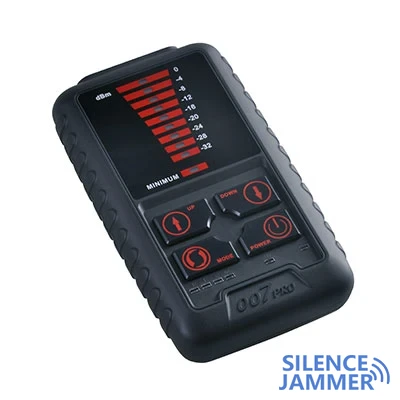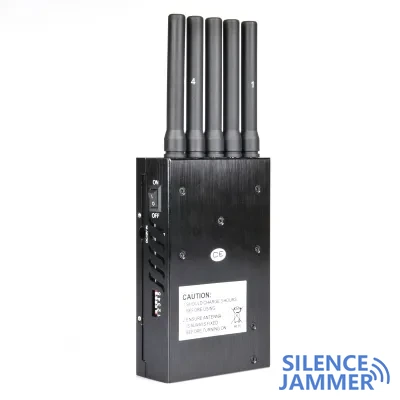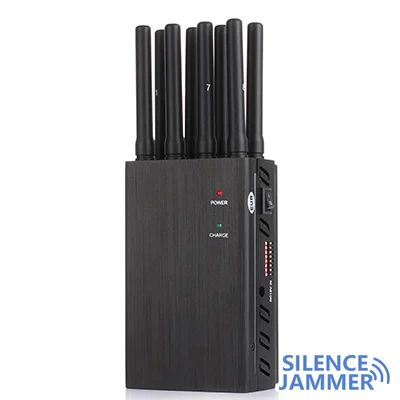In the Tres Cruces community in Puebla, Mexico, Institutional Revolutionary Party (PRI) candidate Tania N. and six of her accomplices were arrested on May 4, and police seized weapons and a signal jammer from their base.

According to the Mexican federal government, criminal gangs often use these devices on highways to intercept vehicles to avoid being discovered by monitoring systems or public security agencies. Such devices can effectively block company security systems and real-time tracking by the police, greatly increasing the success rate of crimes.
Private possession of mobile phone jammers is illegal in Mexico

Despite this, the Mexican government introduced the Anti-Jamming Law in 2020, which aims to regulate the use of signal jammer devices. Under this law, it is illegal to manufacture, sell, own, install and use signal jammers, and violators face 12 to 15 years in prison. If such devices are used by civil servants without authorization, the sentence will increase to 15 to 18 years. In addition, the law also stipulates that signal jammer blockers owned by individuals before the law is enacted must be handed over to the Ministry of Security and Civil Protection before the first quarter of 2020.
The arrest of Tania N. and her gang is a typical case after the introduction of the Mexican Anti-Interference Law. When the police raided the gang, they found that they not only had signal jammer equipments, but also equipped with weapons exclusively for use by the Mexican Armed Forces. These weapons are strictly restricted to the army, navy and air force, and private possession is illegal.
The revelation of the use of signal jammers by Mexican criminal gangs
This case shows the technological upgrade of Mexican criminal gangs. By using high-tech equipment such as signal jammer devices, they can more effectively circumvent the crackdown of the law and security system.

Although the Anti-Interference Law clearly stipulates the illegality of using and possessing these devices, Tania N. and her accomplices ignored the law and continued to use these devices to engage in criminal activities, which eventually led to their arrest.
The Mexican authorities also reiterated the importance of combating high-tech crime through this incident, calling on all sectors of society to strengthen cooperation and ensure strict enforcement of the law to deal with the abuse of modern technology in crimes.
The exposure of this incident not only once again aroused attention to the illegal use of signal jammer blockers, but also reminded the government and the public that the abuse of high-tech equipment may bring immeasurable social risks.




